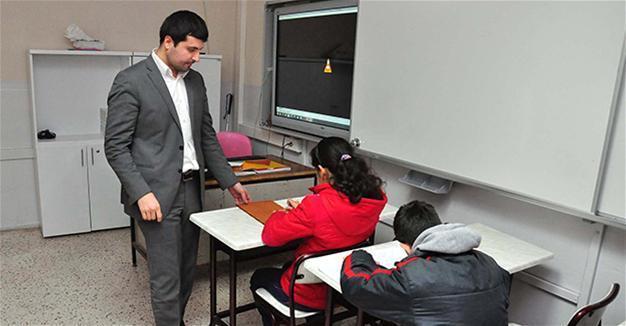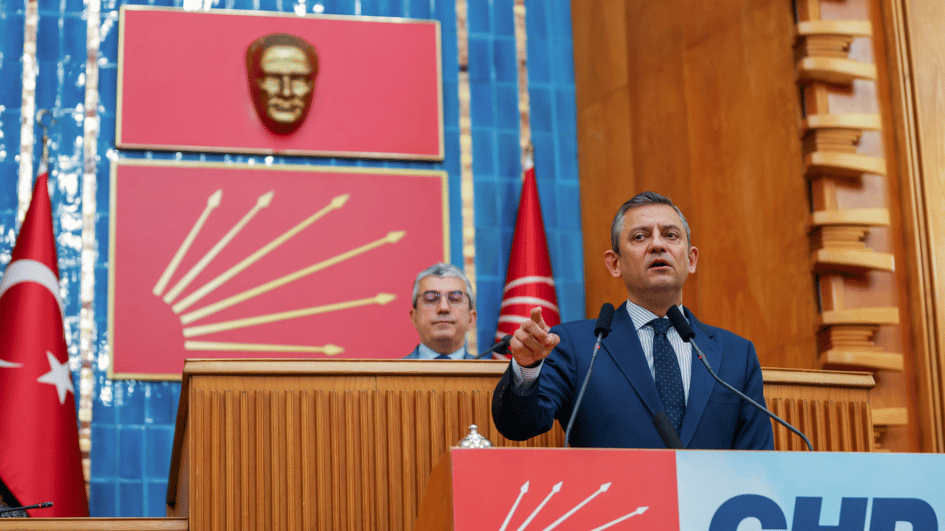Turkey’s Education Ministry doesn’t need teachers in 20 subjects until 2023
Nuran Çakmakçı – ANKARA
 Turkey’s Education Ministry does not require any teachers in a total of 20 subjects until 2023, officials have said.
Turkey’s Education Ministry does not require any teachers in a total of 20 subjects until 2023, officials have said.According to the ministry, there is a surplus in the number of teachers in the areas of metallurgy and clothing production technology, Japanese, Chinese and many other subjects. The subject with the highest rate of overstaffing is philosophy, which has a surplus of 1,594 teachers, followed by clothing production technology with a total of 717 extra teachers.
In metallurgy technology, there are 525 surplus instructors, along with 199 in accommodation and travel.
The ministry said the occupancy rate in some of the 20 subjects had reached nearly 280 percent.
Authorities have issued warnings, noting that it will be difficult for students receiving education in many of the aforementioned areas to find jobs in the state, “especially in teaching.” Officials have also said prospective teachers should lean toward the private sector.
Education Ministry Undersecretary Assoc. Prof. Yusuf Tekin previously said the need for teachers would only be about 100,000 until 2020.
“The scene is very clear; our need for teachers is [not] that much,” he said.
Another top Turkish Education Ministry official also warned prospective teachers of poor job opportunities in the future due to a shortage of open positions.
“Each person who graduates from a university begins life with a job expectation. The numbers are out in the open. There are nearly 1,000,000 candidates who are hoping to be assigned as teachers by the state. However, our need is close to 100,000,” the ministry’s general manager of teacher training, Associate Professor Semih Aktekin, recently said at a symposium on education.
Aktekin said teachers who have no prospect of being assigned should be given skills that could make them transferable to other job areas.
“Those receiving education in history should head toward museology or tourism guidance; those receiving education in Turkish language and literature should head toward local journalism or publishing; those receiving education in mathematics should head toward banking, the insurance business or the private sector,” he also said.
“Everything should not be expected from the state,” Aktekin said.
















